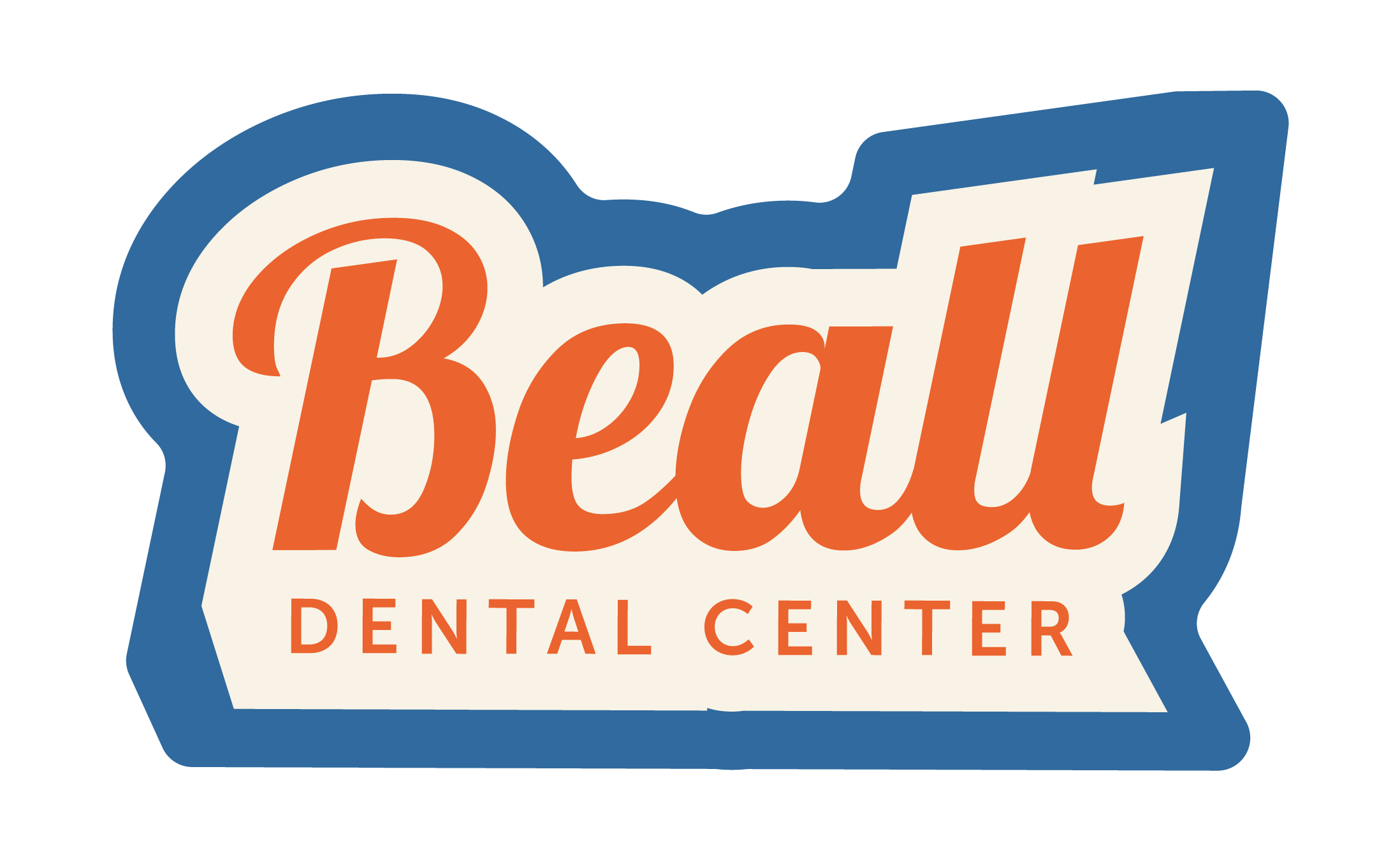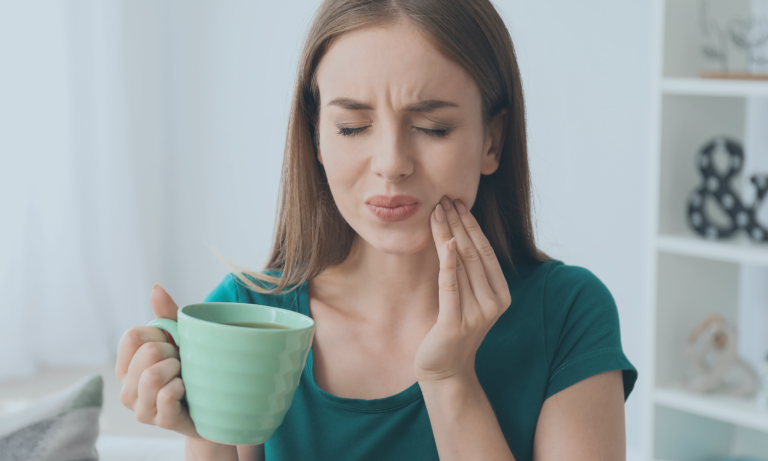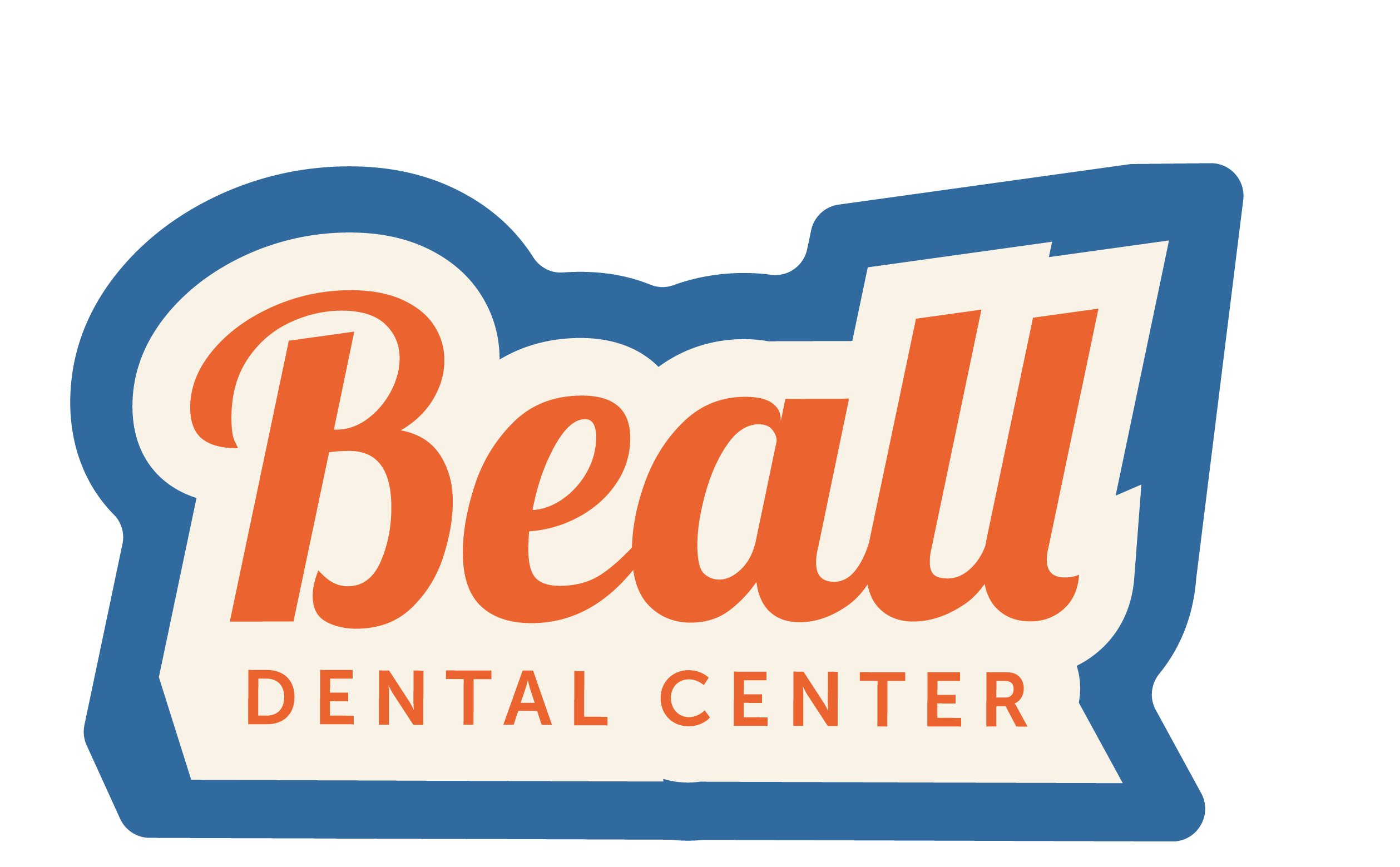Just like the rest of our body, your teeth go through changes as you get older. Aging often brings on new concerns which require more attention than usual. Thankfully, with proper care and good oral hygiene, you can keep your pearly whites healthy well into your golden years.
What Happens To Aging Teeth
The older you get, the more prone your teeth are to certain oral issues. As you age, you experience an increased risk of the following:
- Gum disease
- Dry mouth
- Oral cancer
- Tooth loss
- Decay
Unfortunately, dental problems can impact other areas of your overall health. There is a link between gum inflammation and conditions such as diabetes, heart disease, lung problems and stroke. Due to this, it makes it even more important to take great care of your teeth.
How to Care for Aging Teeth
There are several ways you can protect your teeth against the issues that come along with aging. Here are some of our best tips!
1. Use the Right Tools Regularly
One major way to keep your smile healthy is to regularly use the proper tools. Brushing twice daily is always important for every age, but it’s even more crucial for those 50 and older. Be sure to use a soft-bristle toothbrush and don’t brush too hard. If it is difficult to use a manual toothbrush, an electric toothbrush is a great alternative. Along with brushing, flossing once daily is another step that can keep the plaque at bay which will prevent tooth decay.
2. Be Prepared to Combat Dry Mouth and Plaque
It is normal for the number of medications you take to increase as you age. Oftentimes, these medications can cause issues that affect your teeth.
Dry mouth is one side effect of certain medications. This condition creates a prime environment for tooth decay to evolve in. To protect against this, be sure to drink plenty of water, or if you need a quick fix, try chewing sugar-free gum or sucking on sugar-free lozenges.
Medications like calcium channel blockers or anti-seizure medication can make your gums inflamed which can put you at a greater risk of periodontal disease. This is caused by the bacteria in plaque, making gums irritated and more likely to bleed. Ultimately, periodontal disease can destroy the gums, bones and ligaments holding your teeth in place.
3. Know the Signs of Oral Cancer
Oral Cancer includes cancer of the mouth, throat and tongue. This type of cancer is most common in adults over the age of 40 and although any type of cancer is scary, it is highly treatable when caught early. Knowing the signs can help you keep an eye out for oral cancer. If you spot a red or white patch or a lump inside your mouth, on your lip or tongue that lasts for more than two weeks or fails to heal, be sure to contact Beall Dental Center.
4. Don’t Skip Dental Visits
Visits to the dentist every six months is recommended for everyone but are even more vital for older patients. With an increased risk of certain diseases and conditions, the dentist can diagnose dental issues early on with regular visits. This can make any problem you may have easier to treat which often is less expensive.
Knowing and understanding the risks your mouth is facing as you age is paramount to staying ahead of disease and damage. If you have any questions or concerns about your smile, don’t hesitate to contact Beall Dental Center. Also, remember to schedule an appointment for a dental cleaning and exam if it has been longer than six months.





